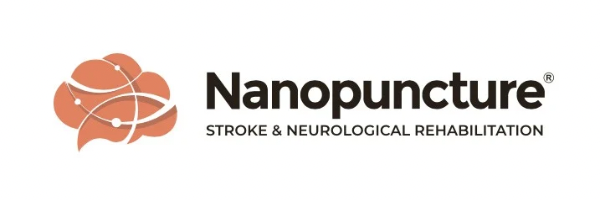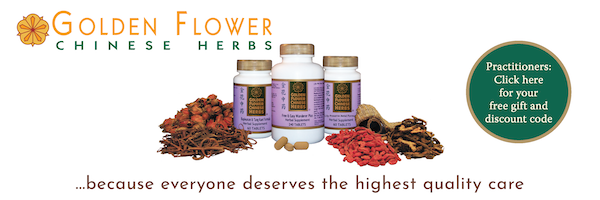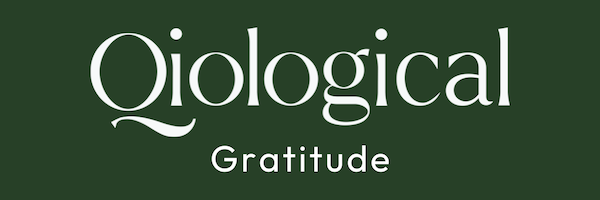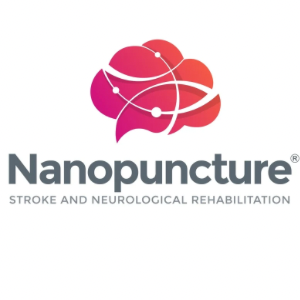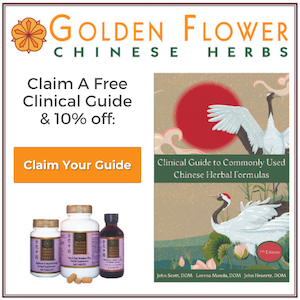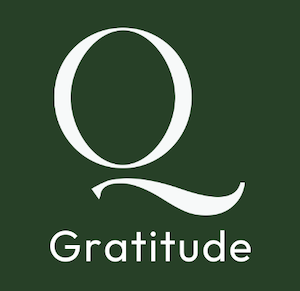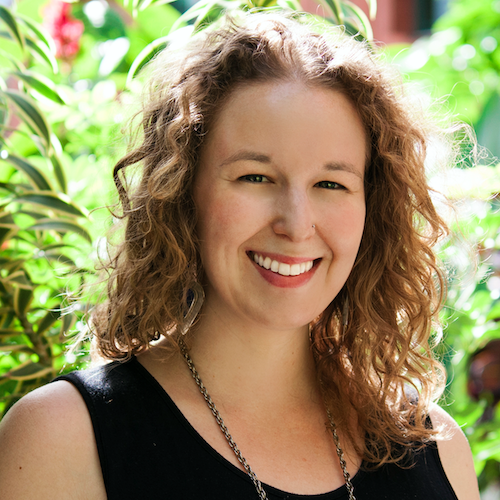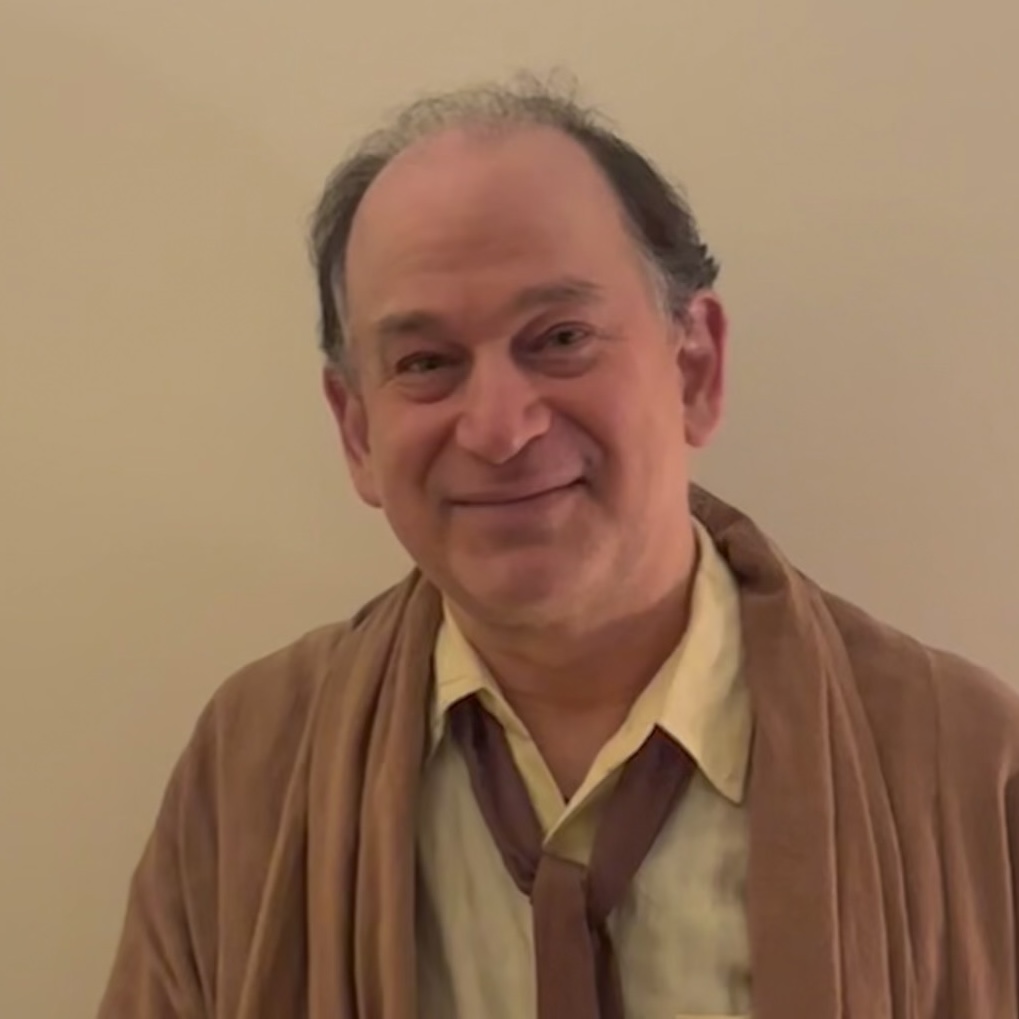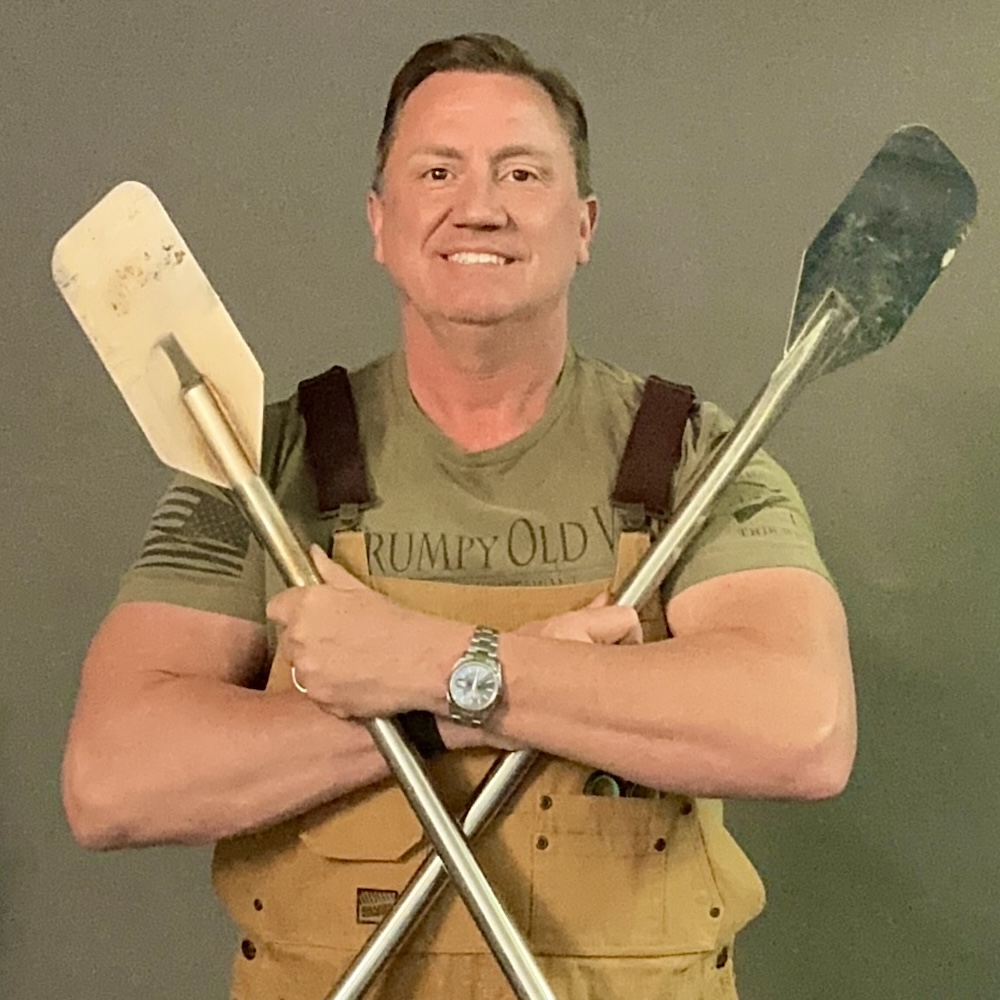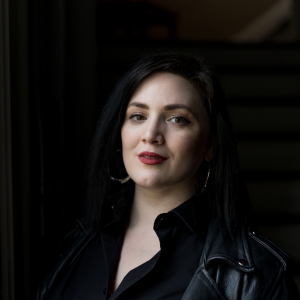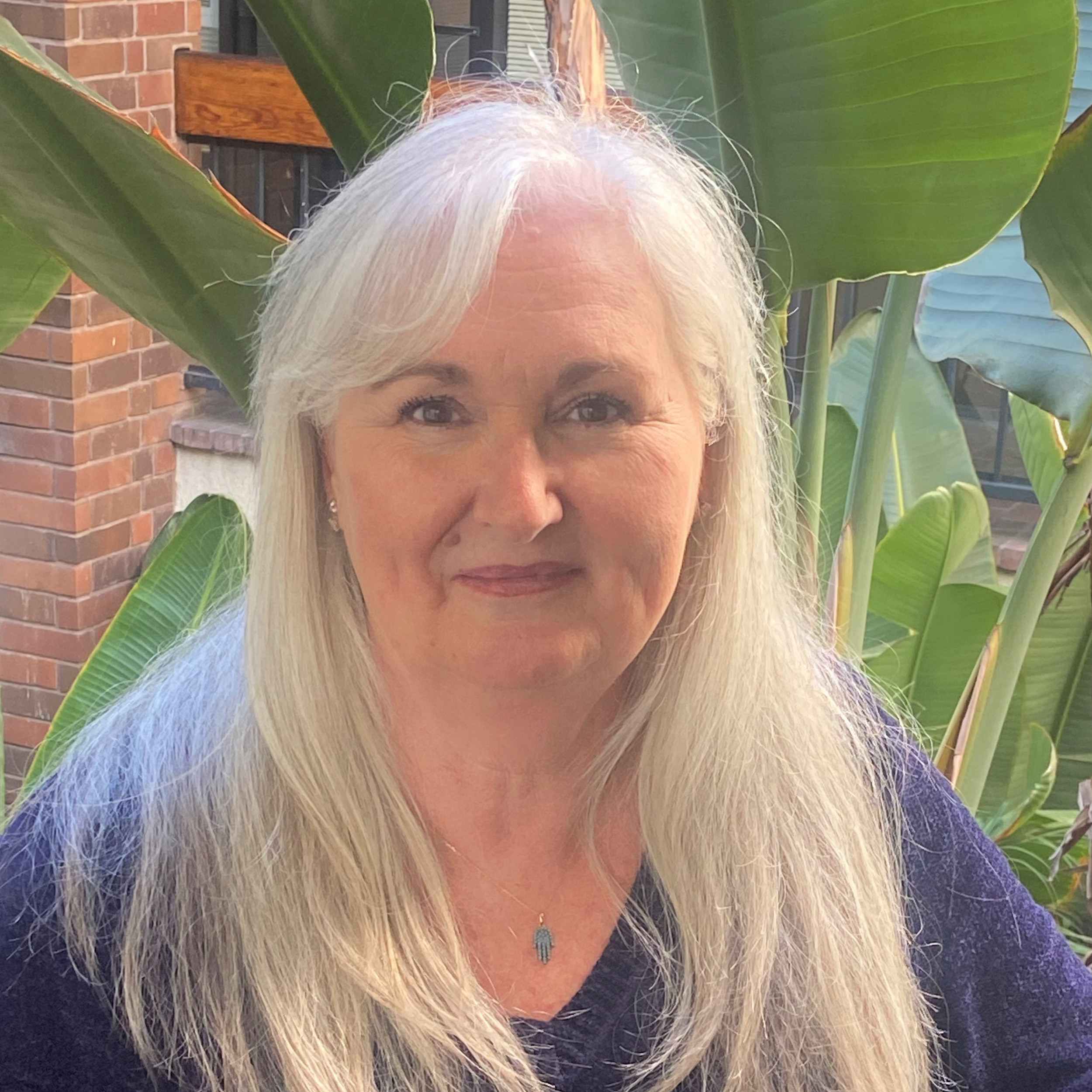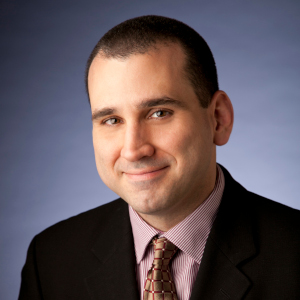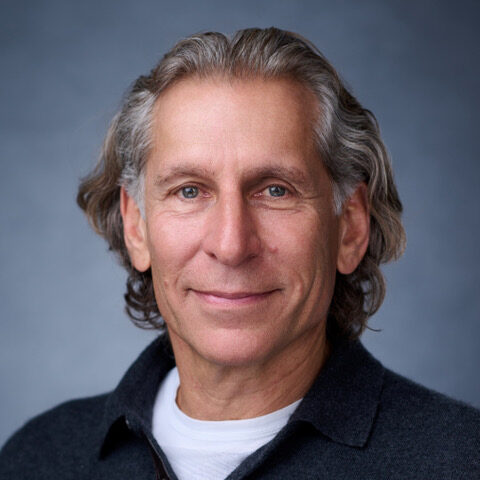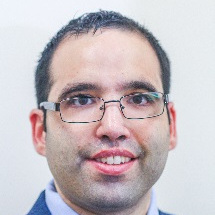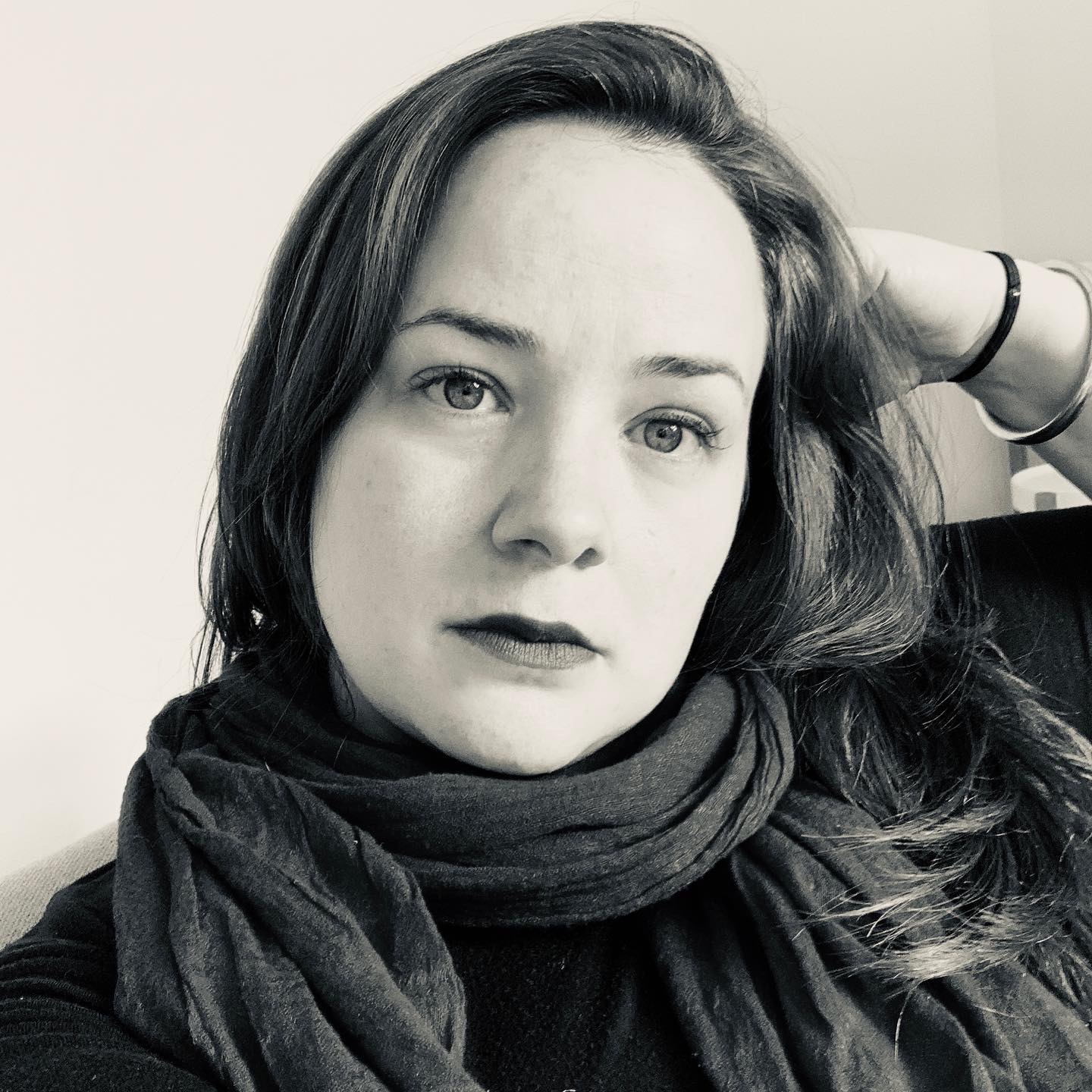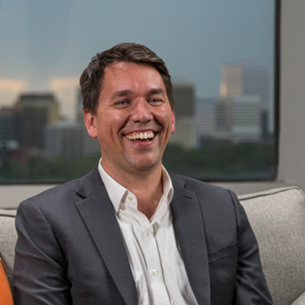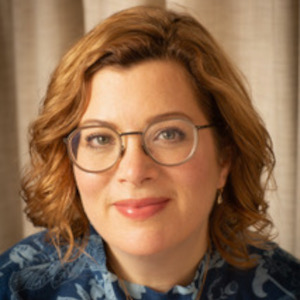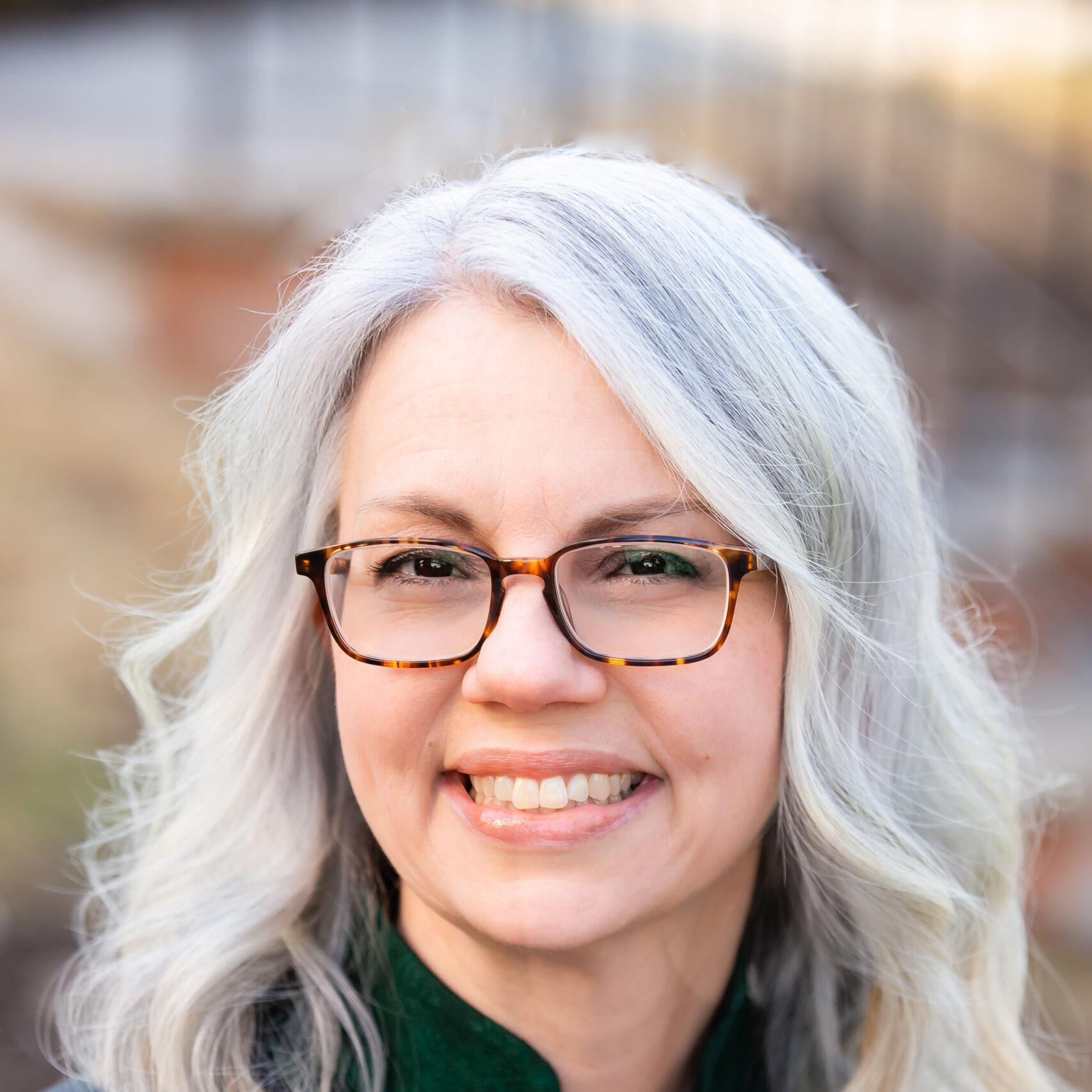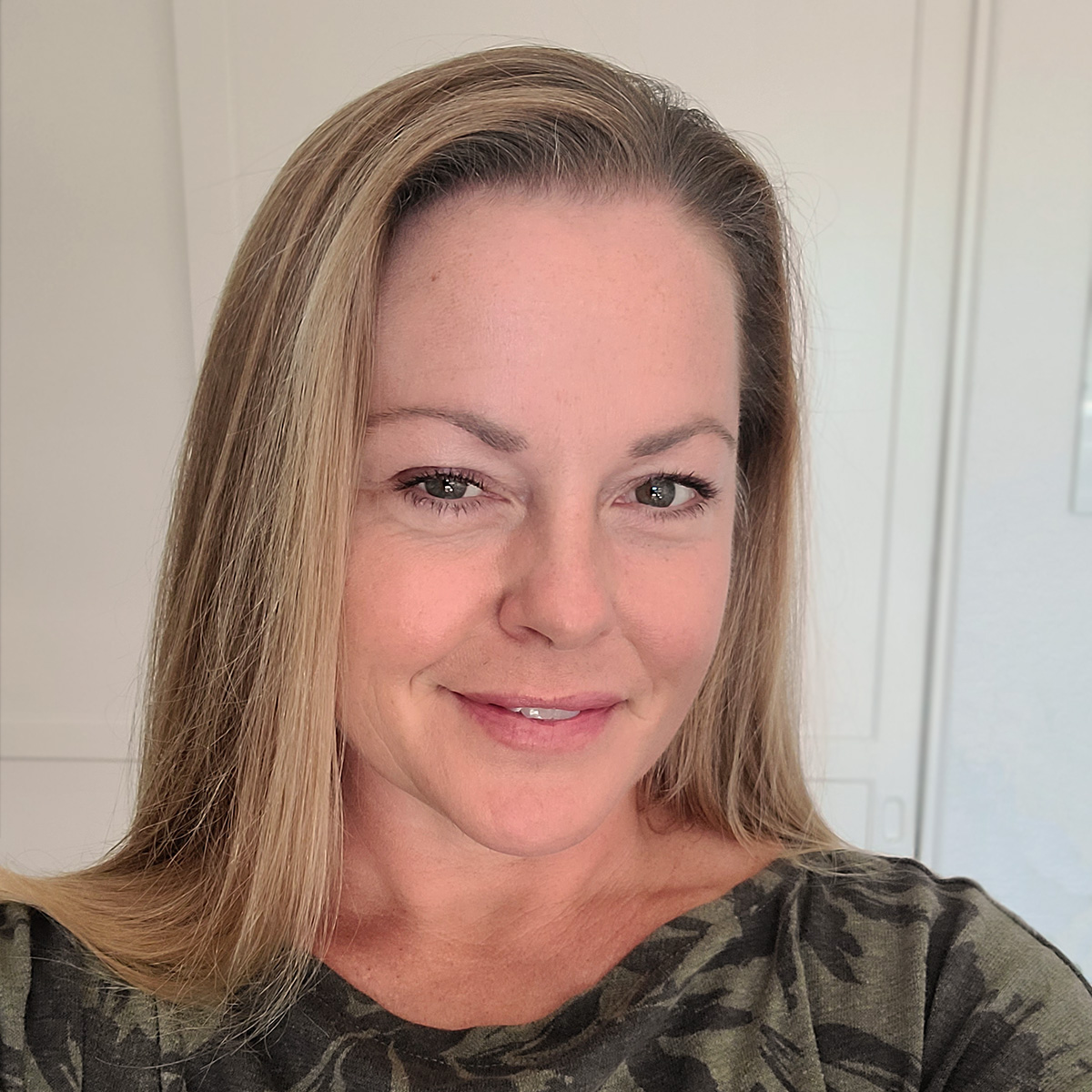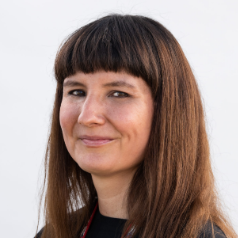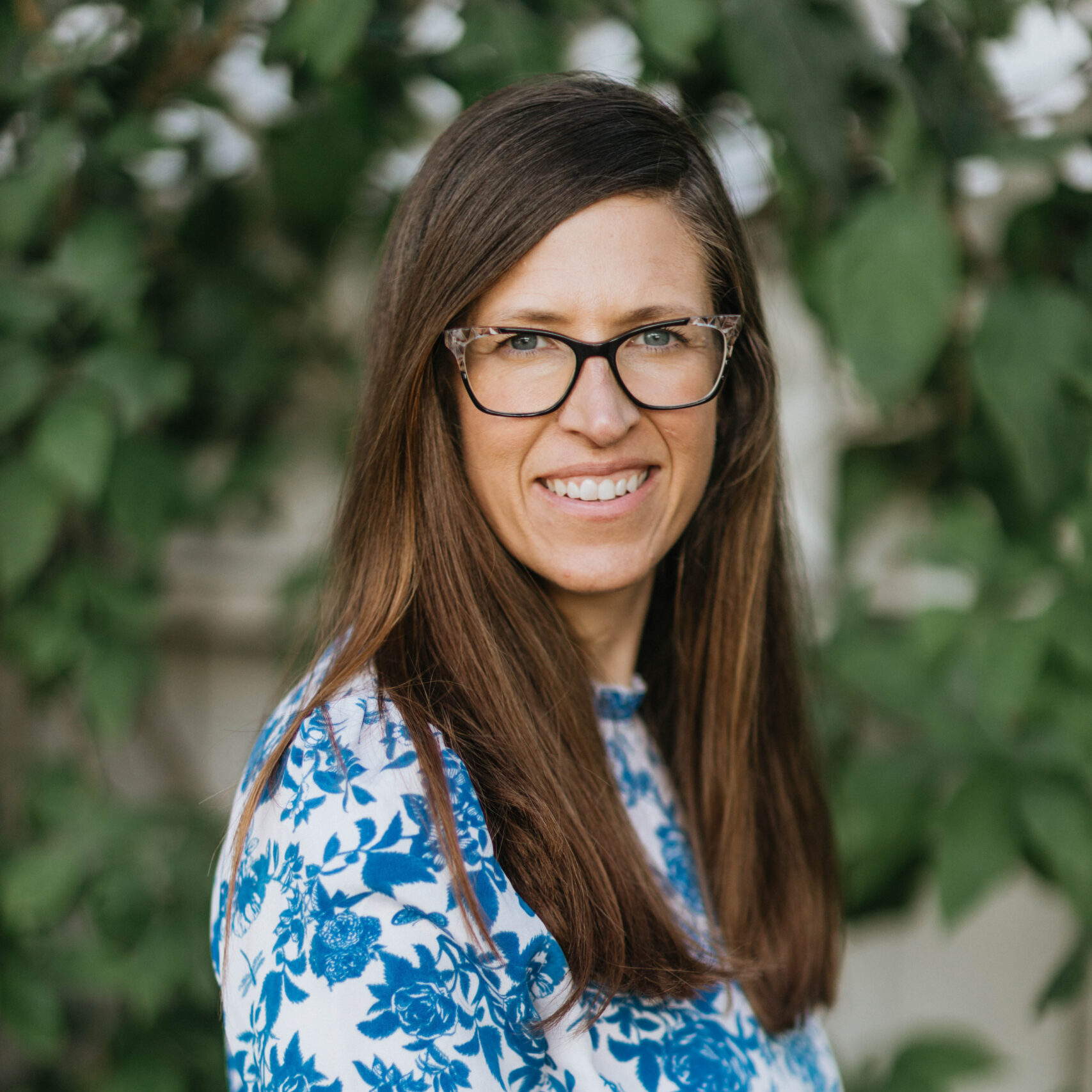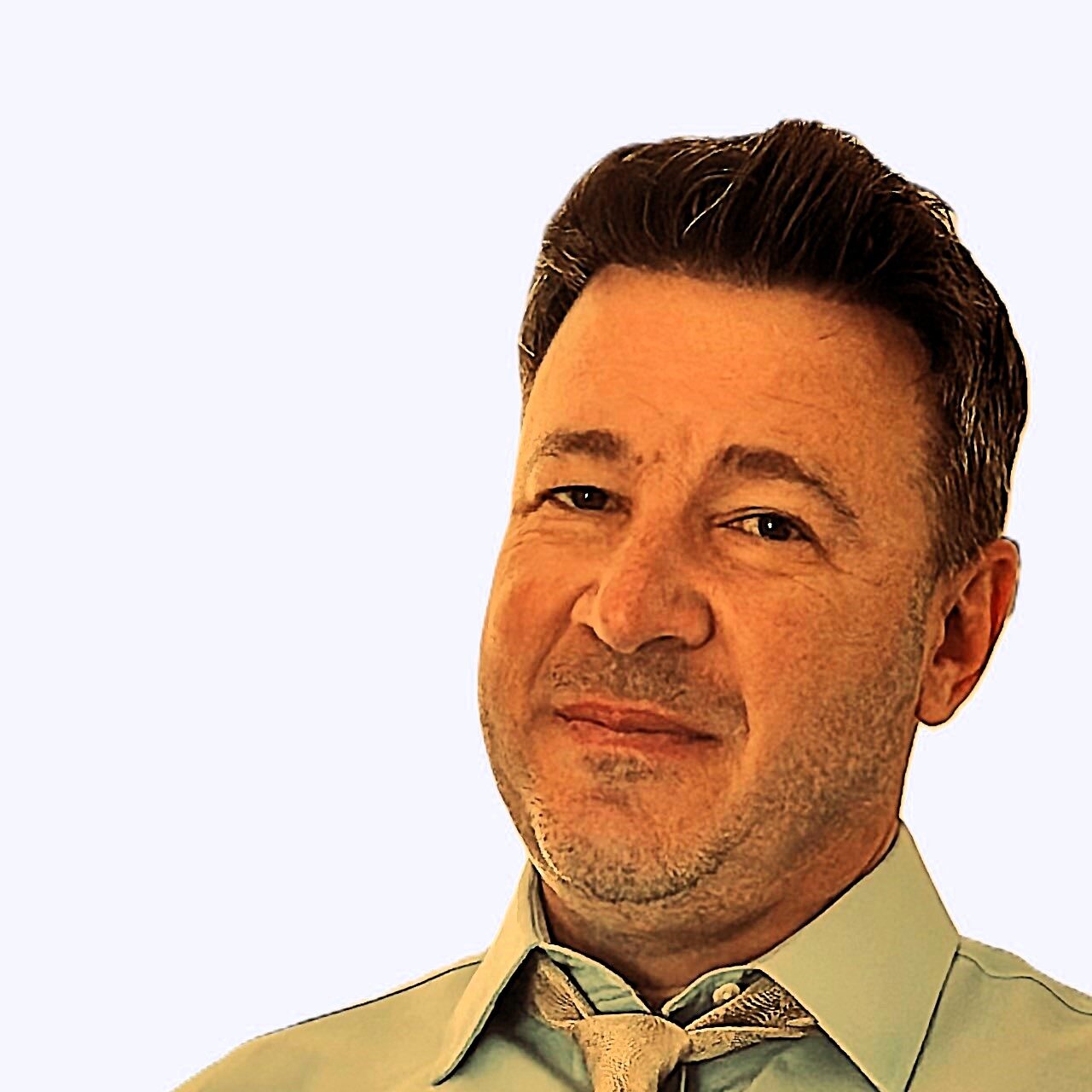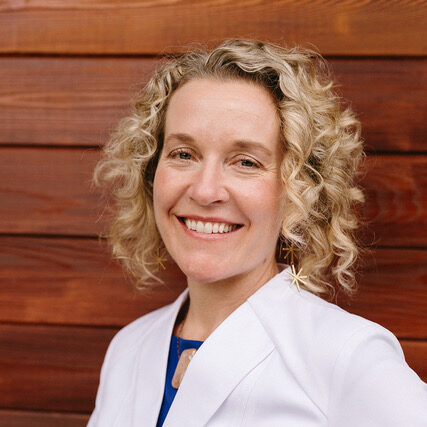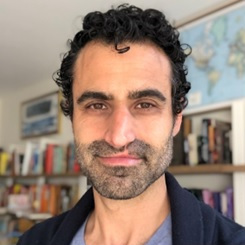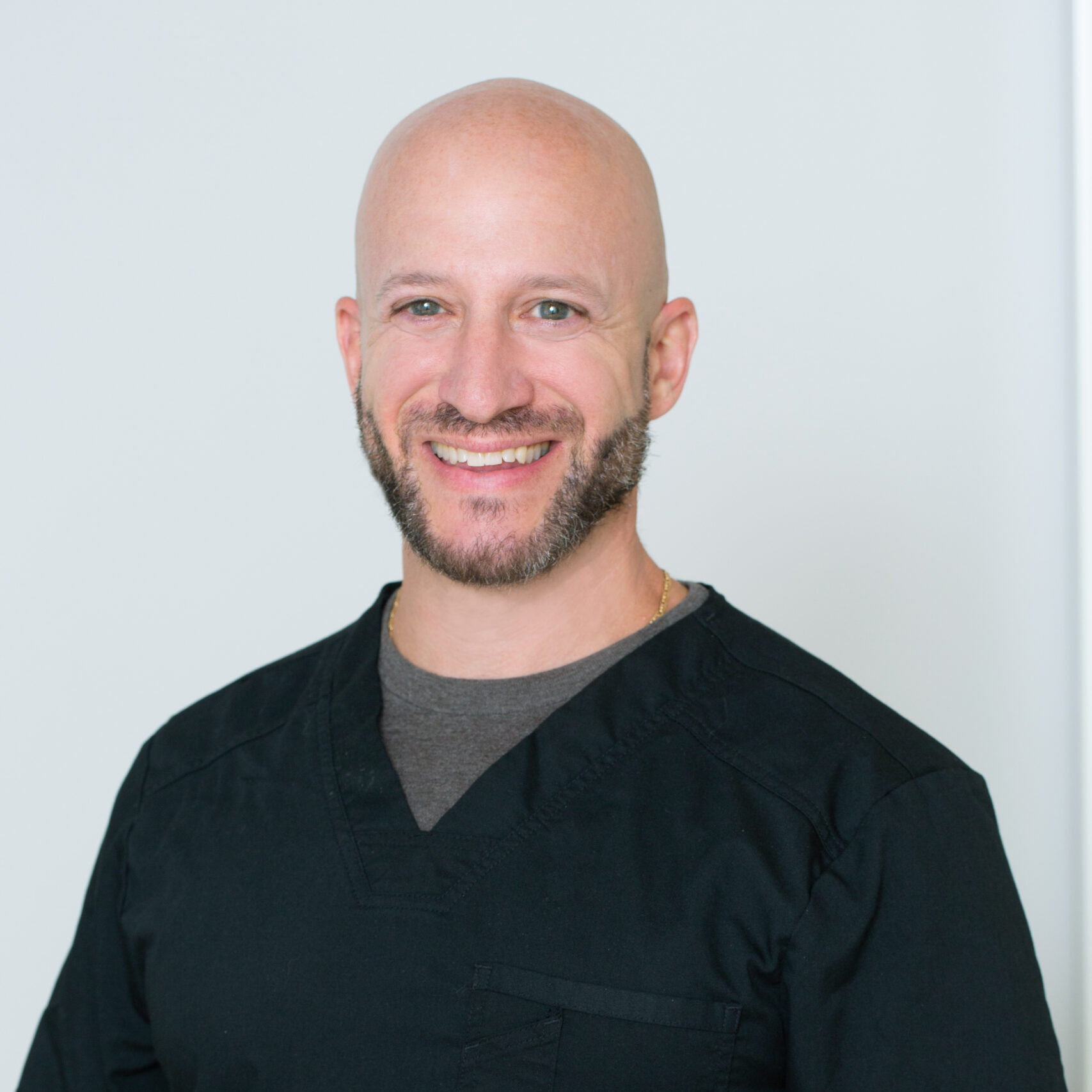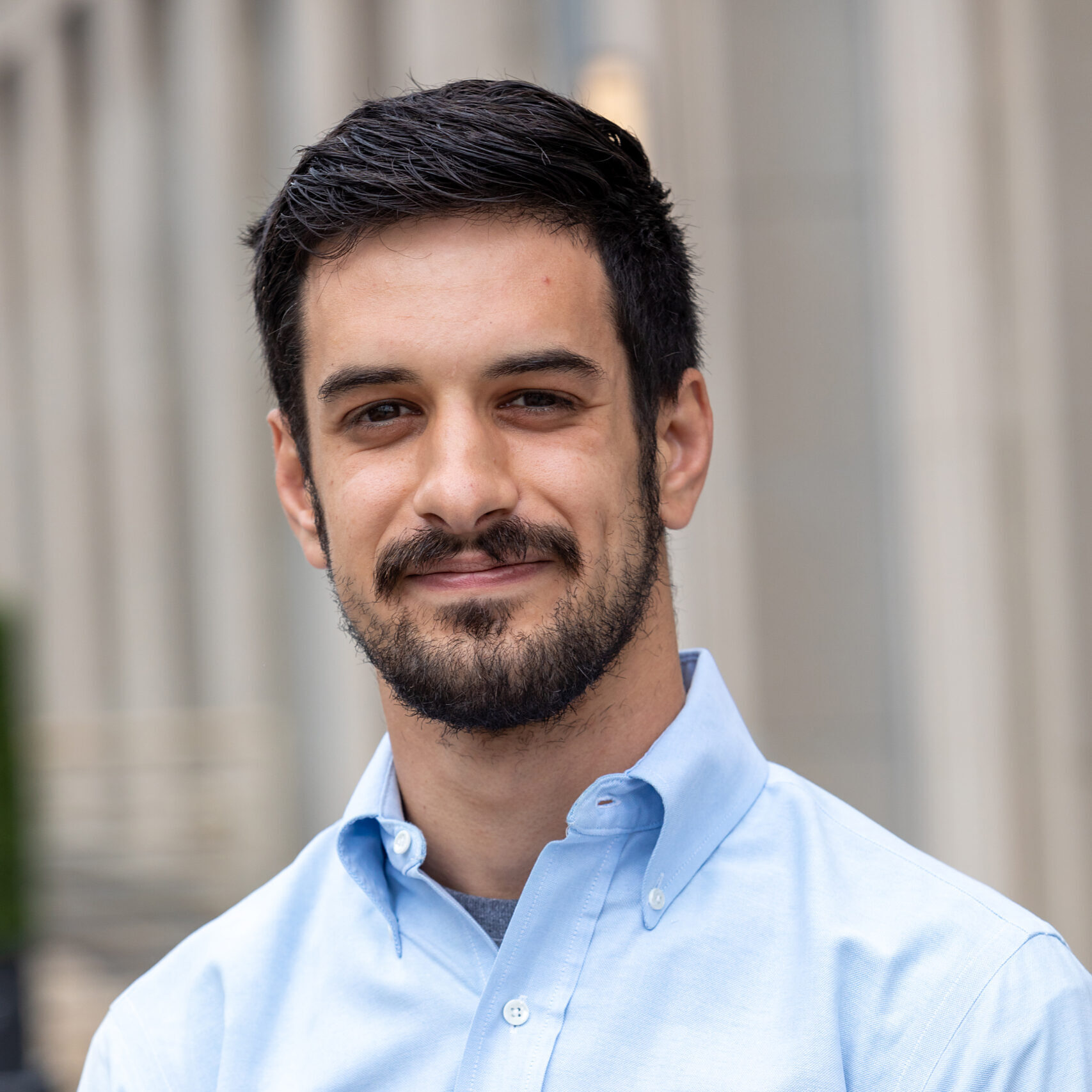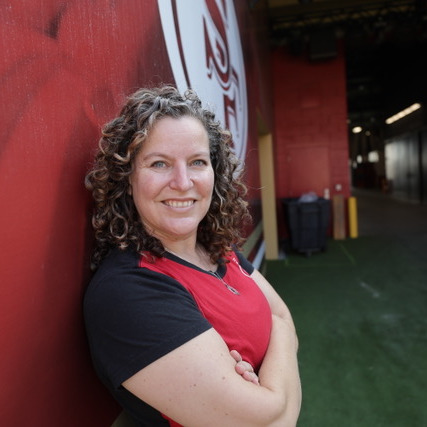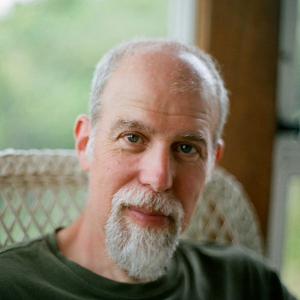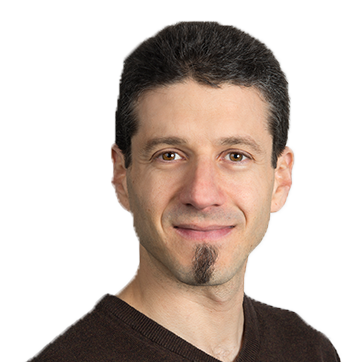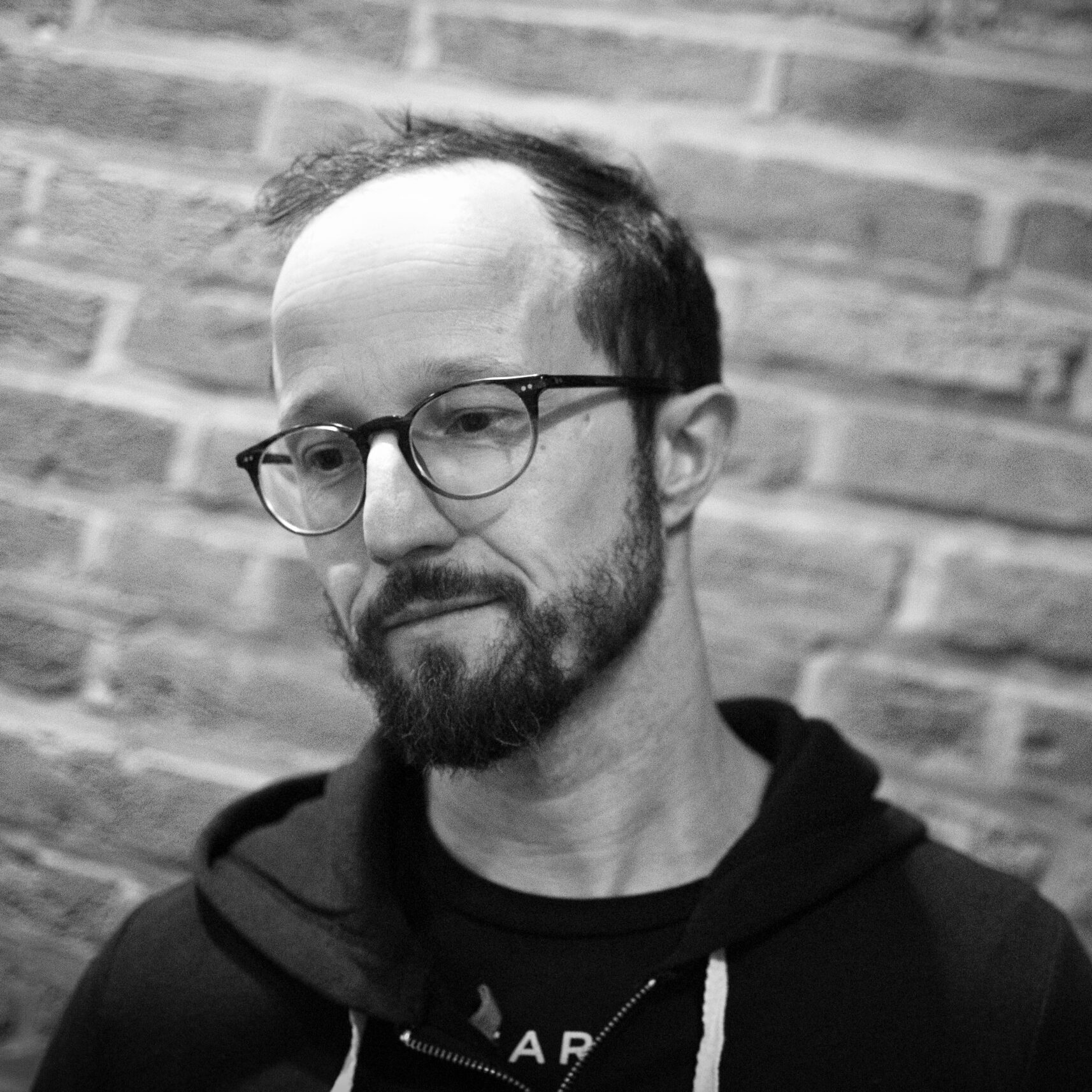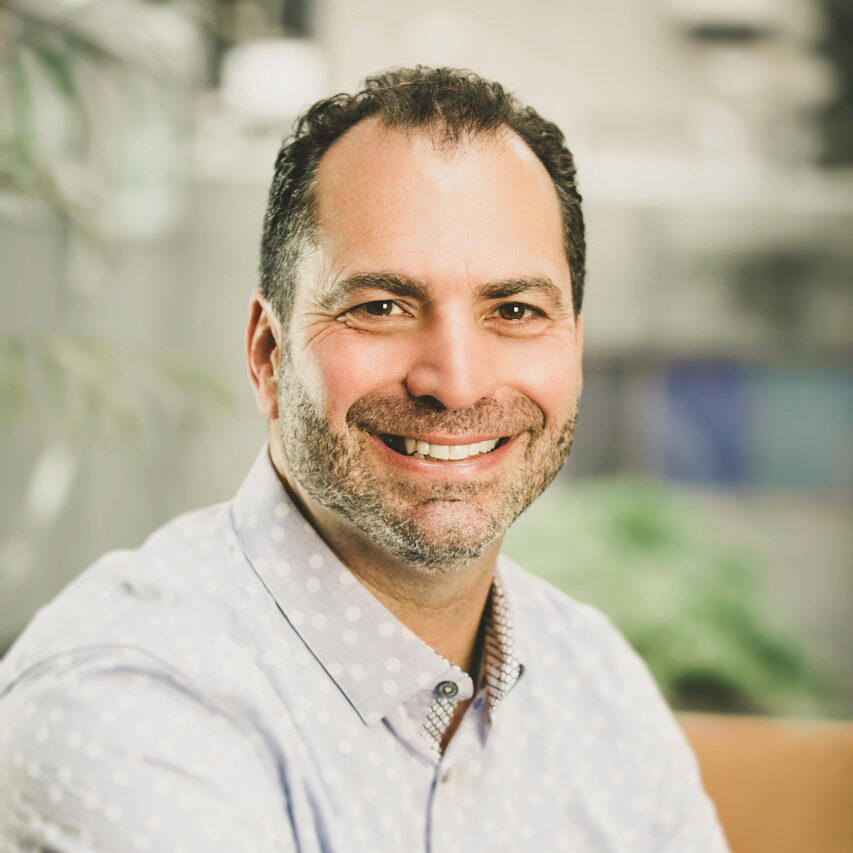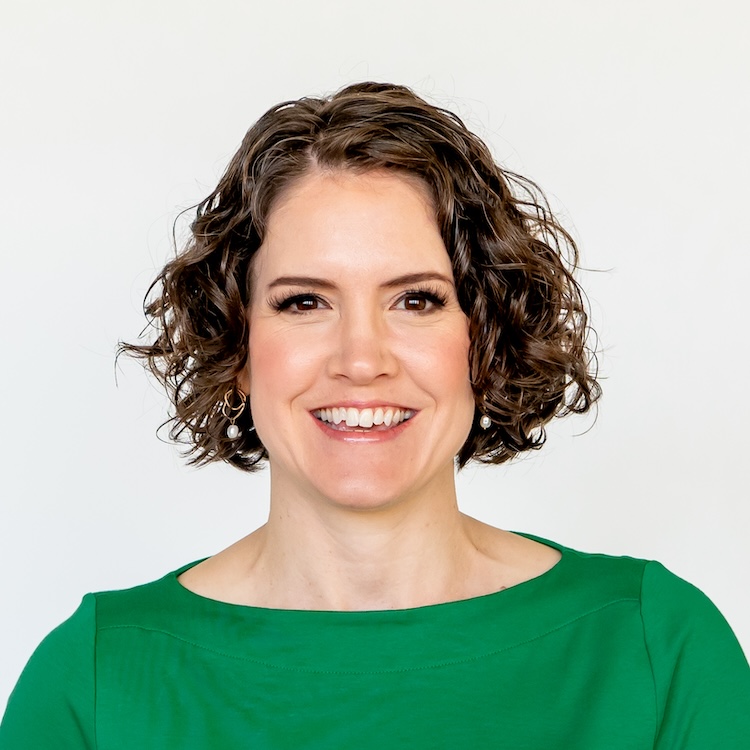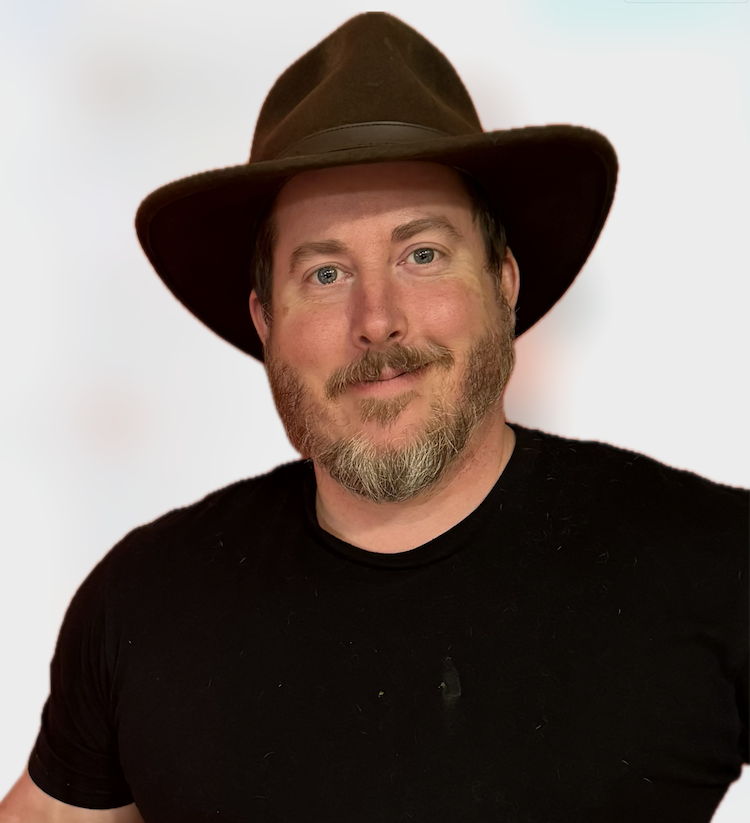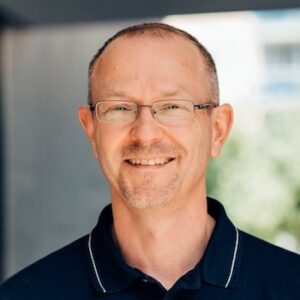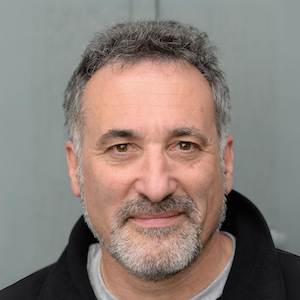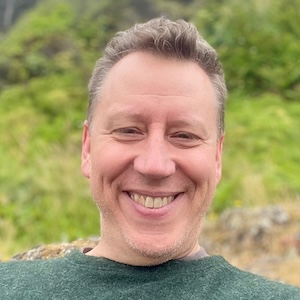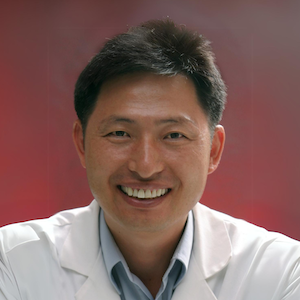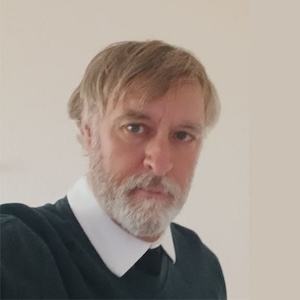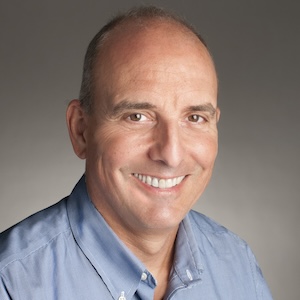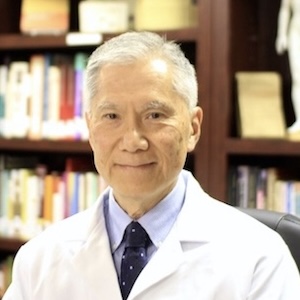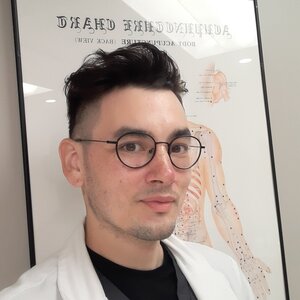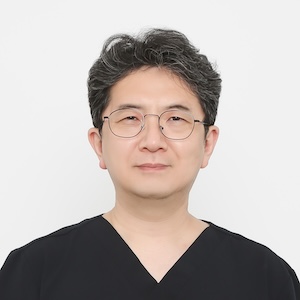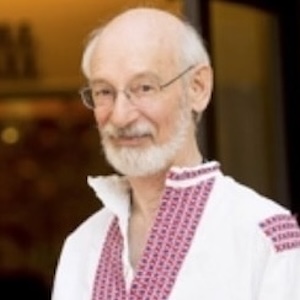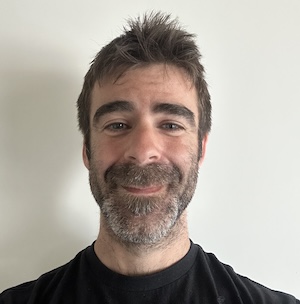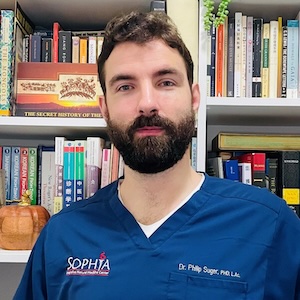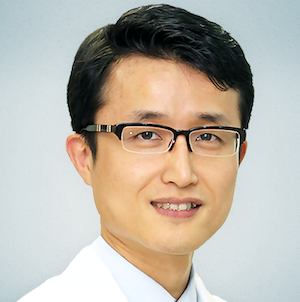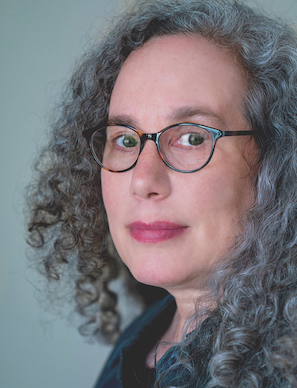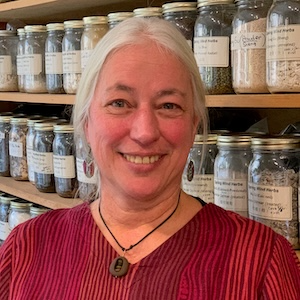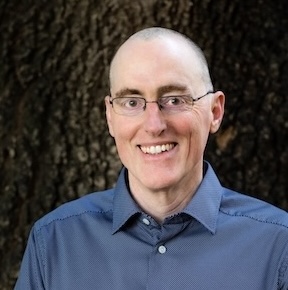In the realm of East Asian medicine, uncertainty is a constant companion, a persistent reminder of the mystery of life. Like a meandering river, the health status of our patients is in a state of constant flux. It can be a daunting task to navigate these changing waters, but it is a challenge that we must embrace if we are to become better practitioners.
In the face of the unknown, we find the greatest opportunities for learning and healing. We are reminded to trust in the innate wisdom of the body, to be more attentive to the needs of our patients, more sensitive to the subtle cues of the body, and more attuned to our own habits of dealing with change and uncertainty.
In this conversation with Stephen Brown, we explore different paradigms of medicine and how they impact our work. We talk about the need to embrace the unknown as a catalyst for growth, the importance of the patient's frame of mind, and how we can find meaning in our work. Stephen also shares some of Dr. Shudo Denmei’s perspectives and treatment techniques.
Listen into this discussion on navigating the fluid nature of our medicine and how the uncertainties can be learning opportunities.
In This Conversation We Discuss:
- Harmonizing with the unknown
- Embracing uncertainty in East Asian medicine
- Materialistic versus holistic paradigms of medicine
- Navigating the subjective and objective realms of medicine
- Do patients have a displaced trust in medicine?
- How do we inculcate a refinement in our work to be indifferent to outcome?
- Dr. Shudo Denmi’s triad of cultivation
- Dealing with the feeling of ‘inadequacy’
- The importance of patient intention and attention in the healing process
- Experiencing the arrival of Qi as a practitioner
- Finding meaning in our medicine
- The need for self-practice and cultivation
- “Fifty Years of Practice: The Case Studies of Shudo Denmei”
- Dr. Shudo’s signature ‘super-rotation technique’
Acupuncture is more of an art than science – it takes practice, practice, practice.
Superficial needling is as effective as deep needling and more so when the patient condition includes mental or emotional issues, that is, the majority of the patient population!
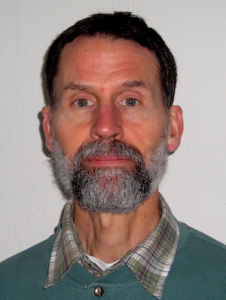 Stephen Brown graduated from Japan Central Acupuncture College in Tokyo in 1983 and was licensed to practice shiatsu, acupuncture, and moxibustion in Japan. In 1984 he went to Beijing, PRC to attended a 3 month training at the Academy of TCM. He began teaching in 1985 for the International Acupuncture Training Program of Kuretake Institute in Tokyo.
Stephen Brown graduated from Japan Central Acupuncture College in Tokyo in 1983 and was licensed to practice shiatsu, acupuncture, and moxibustion in Japan. In 1984 he went to Beijing, PRC to attended a 3 month training at the Academy of TCM. He began teaching in 1985 for the International Acupuncture Training Program of Kuretake Institute in Tokyo.
Moving to Seattle in 1986, he taught shiatsu and acupuncture at the Northwest Institute of Acupuncture. He taught at the SIEAM from 1998 to 2020. He has taught seminars on his specialty, Japanese styles of acupuncture all over the US. He is also a practitioner and teacher of traditional exercise systems for health including Yoga, Taichi, Sotai, and Qigong.
A native speaker of Japanese, he has translated texts on East Asian medicine including three texts of his mentor Shudo Demei. Stephen continues to serve as an interpreter in acupuncture seminars and conferences.
Links and Resources
The book that has inspired Stephen's practice: Introduction to Meridian Therapy by Shudo Denmei.
Here is the latest book from Dr Shudo that we discussed in this conversation: Fifty Years of Practice: the Case Studies of Shudo Denmei.
If you'd like to learn from Stephen, The Du Channel has a course with Stephen teaching Super Rotation Therapy.
Subscribe To This Podcast In Your Favourite Player
Share this podcast with your friends!
Shop Talk with Brenda Hood
On Pulse Balancing
In this Shop Talk segment I explain how to balance the pulses using acupuncture. We need to return the pulses back to that healthy baseline so that the person can get on with the business of their life .
In this talk I’ll take you through a basic assessment where we compare the relative strength or size of the pulse to determine excess and deficiency and then use acupressure to key points to determine the effect on the pulse..
This can be used as a simple standalone treatment, or as a way to begin a longer treatment.
To learn more from Brenda, contact her at: hoodcmcourses@gmail.com
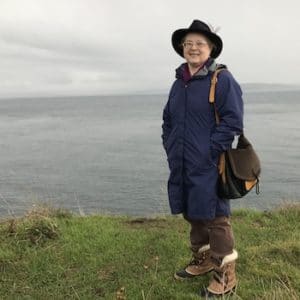 I was born and raised in Peace River, Canada. Then wound up going to China to study Chinese medicine after becoming disillusioned with a degree in psychology. I spent over twenty years there being completely enamored with the medicine and acquiring a few degrees. After returning to North America spent some years teaching Foundations of CM and other basic courses at NUNM. I’m back up in Canada now working on a foundations book to explain the energetic and philosophical bases of the medicine with an eye to using the classics and historical texts as my sources.
I was born and raised in Peace River, Canada. Then wound up going to China to study Chinese medicine after becoming disillusioned with a degree in psychology. I spent over twenty years there being completely enamored with the medicine and acquiring a few degrees. After returning to North America spent some years teaching Foundations of CM and other basic courses at NUNM. I’m back up in Canada now working on a foundations book to explain the energetic and philosophical bases of the medicine with an eye to using the classics and historical texts as my sources.
Clinically, I started out using the TCM system, but I couldn’t really get it to work like I thought it should. I stepped out of CM academia and spent a lot of time with “folk practitioners” and cultivators. There are a lot of hidden gems in China though living there and speaking/reading the language was definitely required.
The study of CM is endless. This is the medicine of the Heart whose medium is joy. When there is a quiet joy to what you are doing, it reveals a truth and integrity of being.

